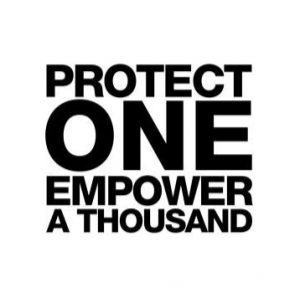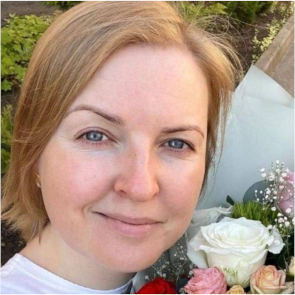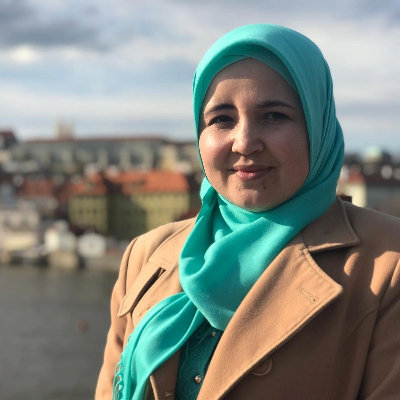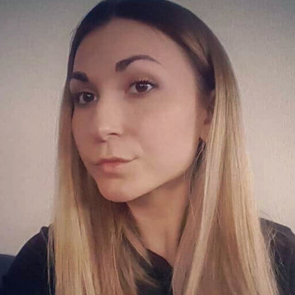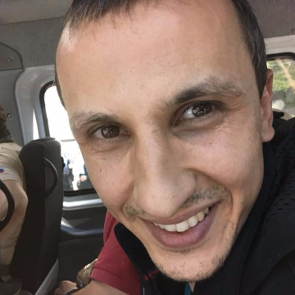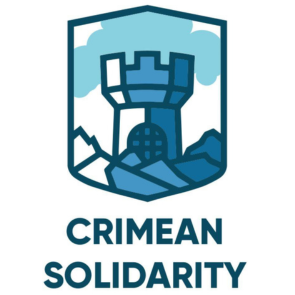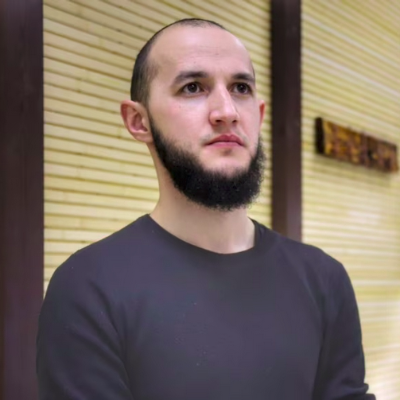#Ukraine
#Ukraine
Before the escalation of the armed conflict in eastern Ukraine and the annexation of the Crimean Peninsula by the Russian Federation, the key concerns regarding the situation of human rights defenders (HRDs) in Ukraine were characterised mainly by systemic impediments to the rights to freedom of assembly, association, and personal liberty. In many cases, HRDs were subjected to intimidation, harassment, and attacks, while violence against journalists was tolerated by the authorities. The situation was exacerbated by pervasive corruption in all branches of government and limitations on workers’ rights to strike.
Although human rights organisations that work for the protection of the rights of different minority groups (such as LGBTI, ethnic, national, and racial groups) still face obstacles (refusal of permission and protection) in their enjoyment of the rights to freedom of assembly and may be subjected to attacks from radical groups, the government that came into power in 2015 has significantly increased its support for their work as compared to their predecessors.
Since the annexation of the Crimean Peninsula, HRDs who defend the rights of Crimean Tatars or ethnic Ukrainians, and those who monitor and document violations of human rights in the peninsula that is currently governed de facto by the Russian Federation, and those who work in Luhansk and Donetsk and have refused Russian citizenship became the main targets of systemic and severe intimidation and harassment. Thus, HRDs, journalists, lawyers, and bloggers in Crimea and eastern Ukraine have been repeatedly harassed by security forces and subjected to abduction, physical attacks, home searches, surveillance, interrogation, unlawful detention, criminal prosecution, accusations of alleged terrorism and propagation of extremism, deprivation of the right to a fair trial, forced psychiatric examinations, and threats to family members. Several HRDs have been denied access to the peninsula.
